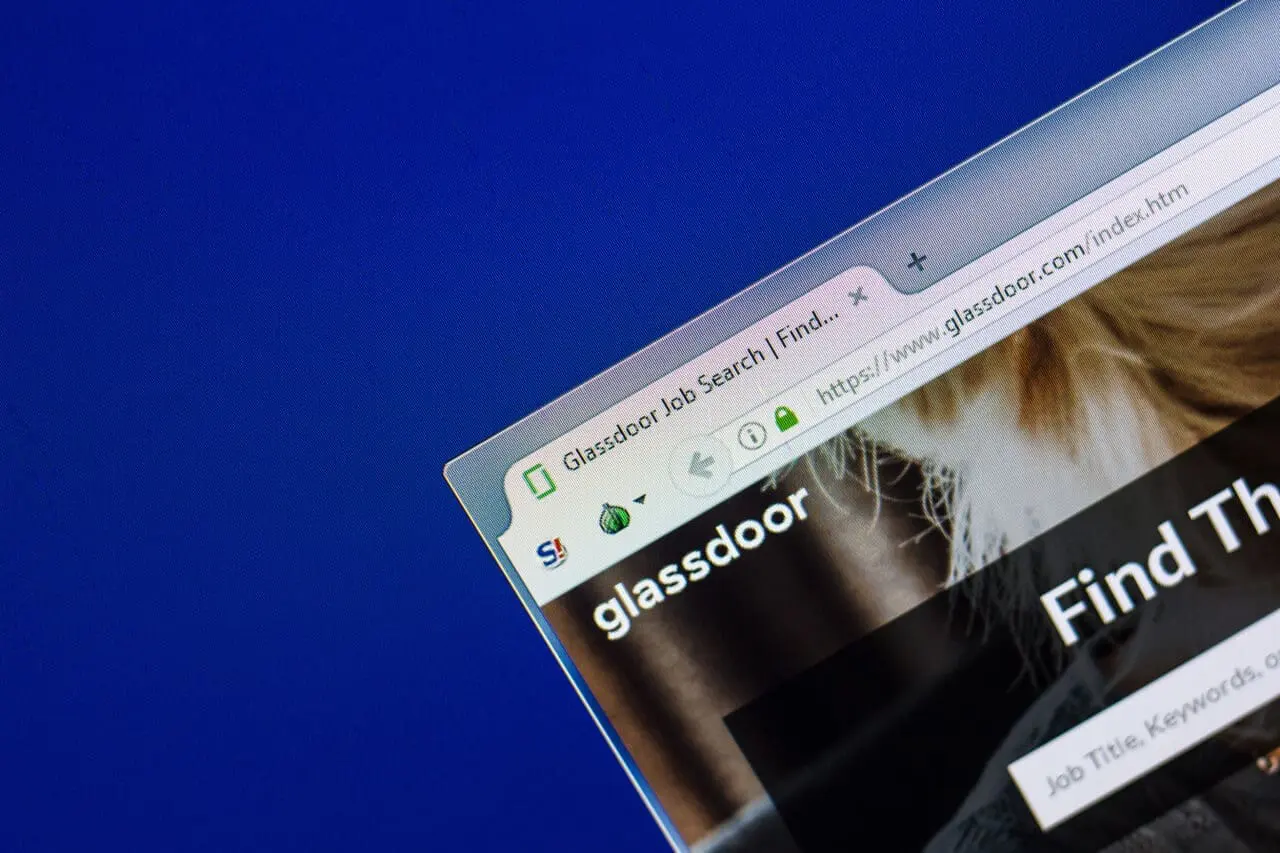

In an era where digital privacy is paramount, the recent confidentiality lapse at Glassdoor serves as a stark reminder of the delicate balance between transparency and anonymity in online company reviews. This incident has not only sparked widespread anxiety among job seekers but also raised pertinent questions regarding the safety and privacy of negative or neutral reviews. Glassdoor was once seen as a sanctuary for candid feedback without fear of retribution. However, the unintended revelation of user identities due to a software integration flaw has highlighted the critical need for robust data protection measures in company review sites. Moving forward, this situation underscores the crucial role of trust and privacy in maintaining the integrity of platforms designed for open yet secure communication. Glassdoor’s response and subsequent actions will undoubtedly shape the future landscape of employer review sites, marking a pivotal moment for user privacy and security in the digital domain. Users should have the ability to exercise ‘global privacy control’, submit ‘opt out requests’, and manage their data privacy settings through web browsers.
The revelation that Glassdoor, inadvertently through its integration with Fishbowl, exposed user identities without their consent, has stirred significant disquiet among its vast user base. This blunder not only compromised the foundational promise of anonymity and salary review that Glassdoor guaranteed its users but also highlighted the inherent risks of seamless app integrations in today’s interconnected digital ecosystem. Individuals who once felt secure sharing anonymous reviews and constructive feedback about their workplace experiences are now faced with the harsh reality that their privacy may be more fragile than assumed. The situation raises crucial questions about the ethical responsibilities of tech platforms in safeguarding user data and the imperative for stringent data protection protocols to prevent such breaches in the future, whilst also emphasising the importance of respecting global privacy control signals, aligning with users’ privacy preferences, complying with the California Consumer Privacy Act, and adhering to global privacy laws.
In the digital realm, where personal and professional boundaries are increasingly blurred, the incident with Glassdoor casts a long shadow over the principle of anonymity. Social media platforms, including employer review sites like Glassdoor, play a pivotal role in today’s workforce environment, serving as a conduit for honest dialogue about company cultures and management practices. However, the recent confidentiality breach involving Glassdoor and Fishbowl underscores the precarious nature of online anonymity. Users seeking to share positive reviews and anonymous feedback about their employers, including details on company culture and job titles, are now confronted with the unsettling reality that their identities could inadvertently be exposed. This revelation not only challenges the security and trust that users place in these platforms but also spotlights the broader implications of sharing sensitive information in an age where data privacy is constantly at risk. As former employees grapple with these concerns, the importance of implementing stringent data protection measures, upholding the sanctity of user anonymity, and incorporating consent management platforms to respect users’ privacy preferences has never been more critical for internet users navigating the complexities of consent management.
The inadvertent disclosure of users’ identities by Glassdoor, due to its integration with Fishbowl, has sparked a firestorm of backlash among its community. This breach of trust has not only jeopardised user confidence but has also triggered a broader conversation around the importance of data protection in the digital age. For a platform that pledged anonymity as a refuge for candid anonymous reviews, this incident signifies a significant betrayal. The resulting user exodus highlights a crucial moment for Glassdoor; it must not only repair its tarnished reputation but also re-evaluate its data protection strategies. Looking ahead, rebuilding user trust will necessitate more than just assurances; it calls for a transparent, user-centric approach to privacy and security that can navigate the complexities of today’s digital landscape. Positive Glassdoor reviews and review headlines hold significance for potential employees seeking insights on job titles.
The significance of platforms like Glassdoor in Britain’s work culture cannot be overemphasised; they empower employees by giving them a voice and foster transparency within the workplace. However, the recent breach of confidentiality has highlighted the delicate nature of this trust-based system. When users submit reviews, they do so with the expectation of anonymity, believing that their honest opinions and experiences will help inform and improve work environments without jeopardising their professional relationships. This incident not only disrupts the balance of power between employers and employees but also casts a long shadow over the intrinsic value of employee reviews. The breach serves as a critical reminder of the need for unwavering security measures on platforms that hold sensitive information. Essentially, the foundation of trust and confidentiality that platforms like Glassdoor are built on is not just a feature but a fundamental requirement for their continued relevance and efficacy in the modern workplace. It’s crucial to address default settings, data collection, the involvement of dozen organizations, control mechanisms, websites, and other jurisdictions to ensure comprehensive security and privacy standards are maintained.
The delicate balance between privacy and transparency is at the core of the controversy surrounding Glassdoor’s handling of user identities, particularly in interview reviews. In an era of heightened scrutiny over digital footprints, platforms, especially those supporting freedom of speech within the workplace, must safeguard user anonymity, especially for former employers in small companies leaving negative or neutral reviews. Glassdoor’s recent quandary, linked to its connection with Fishbowl, has brought this issue to the forefront, sparking a reassessment of how personal data and candid feedback coexist online. This serves as a stark reminder that, in the pursuit of transparency, individual privacy must remain intact. This episode marks a pivotal moment, compelling users and platforms to address the ethical and practical obstacles of upholding a secure, reliable environment for open discourse in the digital realm, considering aspects like third party cookies, user enables, and consent management platform.
The recent events regarding Glassdoor’s unintentional sharing of user data, due to its integration with Fishbowl, have raised a concerning possibility for its users: employer retaliation within the Glassdoor review system. In today’s digital age, where online platforms, including web browsers, serve as a vital space for job seekers to share their workplace experiences, the need for anonymity is crucial to safeguard the authenticity of the community. The breach of this confidentiality jeopardises the ability of top talent to provide honest feedback about the work environment, exposing them to potential repercussions in their career trajectories. This incident not only undermines trust in platforms meant to empower workers but also acts as a stark reminder of the risks linked with speaking out, even within supposedly secure digital environments. It’s a pivotal moment for the tech industry to reassess its commitment to user privacy while encouraging users to navigate the delicate balance between transparency and the threat of employer retribution, providing options for opt-outs and control, ensuring businesses comply and safeguarding consumers.
The recent developments with Glassdoor’s unexpected breach of confidentiality have sounded a robust wake-up call across all digital platforms, underscoring the critical importance of safeguarding user data and maintaining privacy at all costs. It’s clear that as we move forward, a comprehensive, transparent approach to users’ privacy must be adopted, one that prioritises the protection of personal information against any form of breach or unauthorised disclosure. This incident serves as a stark reminder that trust is the foundation of user-platform relationships; a breach, even unintended, can have far-reaching implications on users’ willingness to share and engage. For platforms everywhere, the lesson is unequivocal: Invest in robust data protection measures, respect user privacy as a non-negotiable principle, and foster an environment where users can voice their thoughts without fear of repercussion. In the quest to balance openness with privacy, the digital age demands nothing short of thorough diligence and an unwavering commitment to user trust.
In the aftermath of the recent confidentiality breach, Glassdoor faces a crucial moment that will shape its future. To rebuild user trust, it’s vital for the platform to take clear, transparent actions focused on addressing the core issues around data protection. This includes implementing cutting-edge security measures, conducting regular privacy audits, and engaging in an open dialogue with its user base about the steps taken to ensure their anonymity and safety. Glassdoor must go beyond mere assurances; it must actively show its dedication to privacy through ongoing enhancements and transparent communication. By doing so, Glassdoor not only has the chance to restore trust but also to establish a new industry standard for how employee feedback platforms operate in a highly digital, privacy-conscious world. Additionally, Glassdoor should support ‘global privacy control’ measures, comply with ‘state privacy laws’, provide easy ‘browser’ access for opting out, offer robust ‘support’ services, and transparently ‘track’ its privacy practices.

This website uses cookies to improve your experience. Choose what you're happy with.
Required for the site to function and can't be switched off.
Help us improve the website. Turn on if you agree.
Used for ads and personalisation. Turn on if you agree.
This website uses cookies to improve your experience. Choose what you're happy with.
Required for the site to function and can't be switched off.
Help us improve the website. Turn on if you agree.
Used for ads and personalisation. Turn on if you agree.